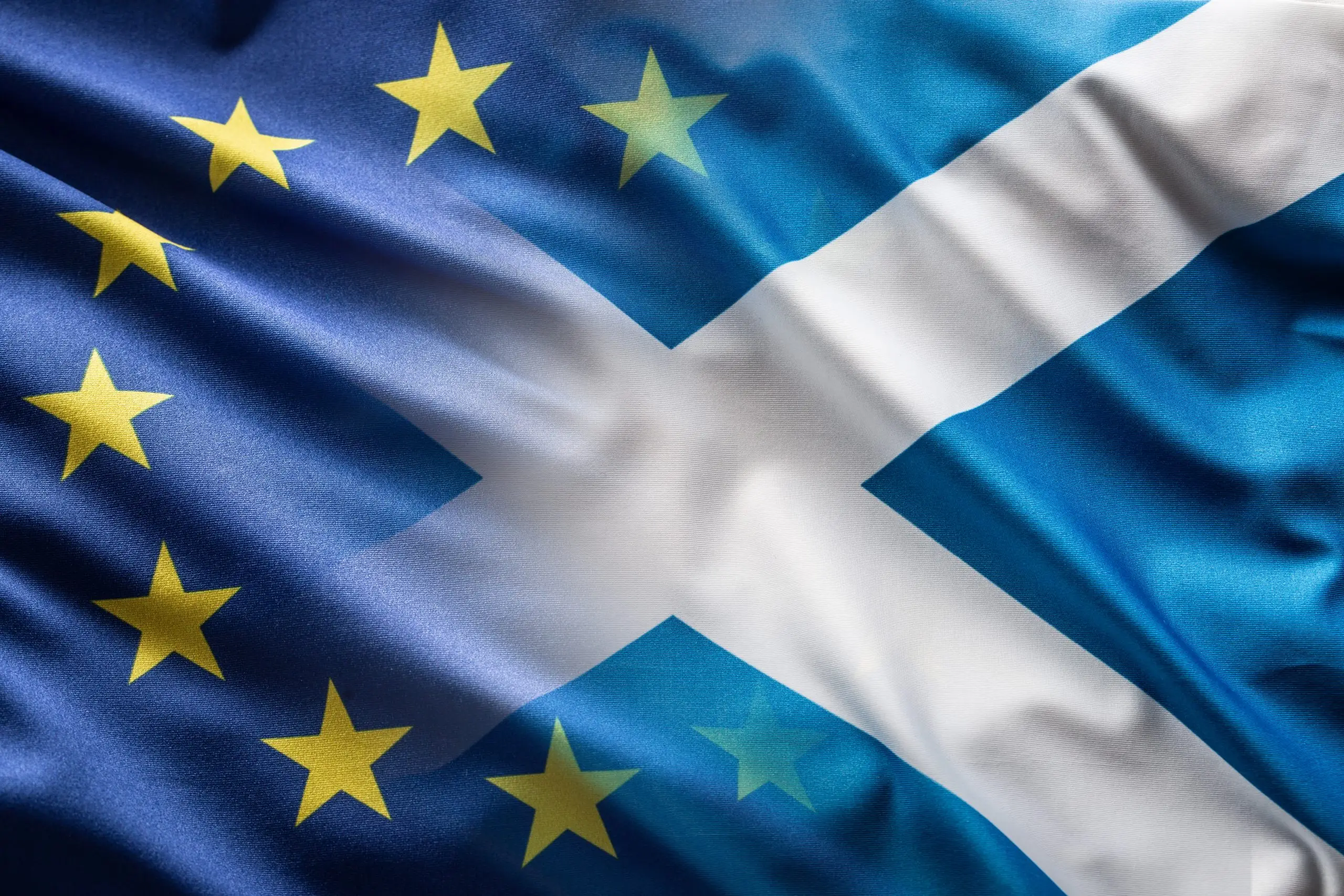Scotland’s First Minister, Nicola Sturgeon, has indicated that she intends to do everything in her power to keep Scotland within the EU following the UK’s decision to leave on 23 June. But how would other EU states react to the prospect of Scotland staying within the EU? Paul Anderson writes on the position of Spain, which is generally viewed as having a stake in blocking Scottish membership due to the existence of independence movements in Catalonia and the Basque Country. He suggests that it is unlikely Spain would block Scottish membership given the support for it in other EU countries, but that a Spanish veto cannot be ruled out. A week is a long time in politics. On Thursday 23 of June, 52 per cent of the British electorate voted in favour of the United Kingdom seceding from the European Union. Three days later, the Spanish electorate, for the second time in six months, went to the polls to elect a new Spanish government. The incumbent Partido Popular (PP) won most seats, 137, but is 39 seats short of an overall majority. In both cases, the future is unknown and unchartered territory will have to be navigated. Negotiations are already underway in Spain regarding the formation of a new government, perhaps a grand coalition between the two biggest rival parties (the PP and PSOE). In the UK, however, the resignation of Prime Minister David Cameron means the withdrawal of the UK form the EU will not begin immediately. If Harold Wilson was right in quipping ‘a week is a long time in politics’, anything beyond will truly seem like an eternity.

Brexit and Spain: Would the Spanish government really block Scotland’s EU membership? by P.Anderson
Source Europp – LSE blog - Jul 4, 16
